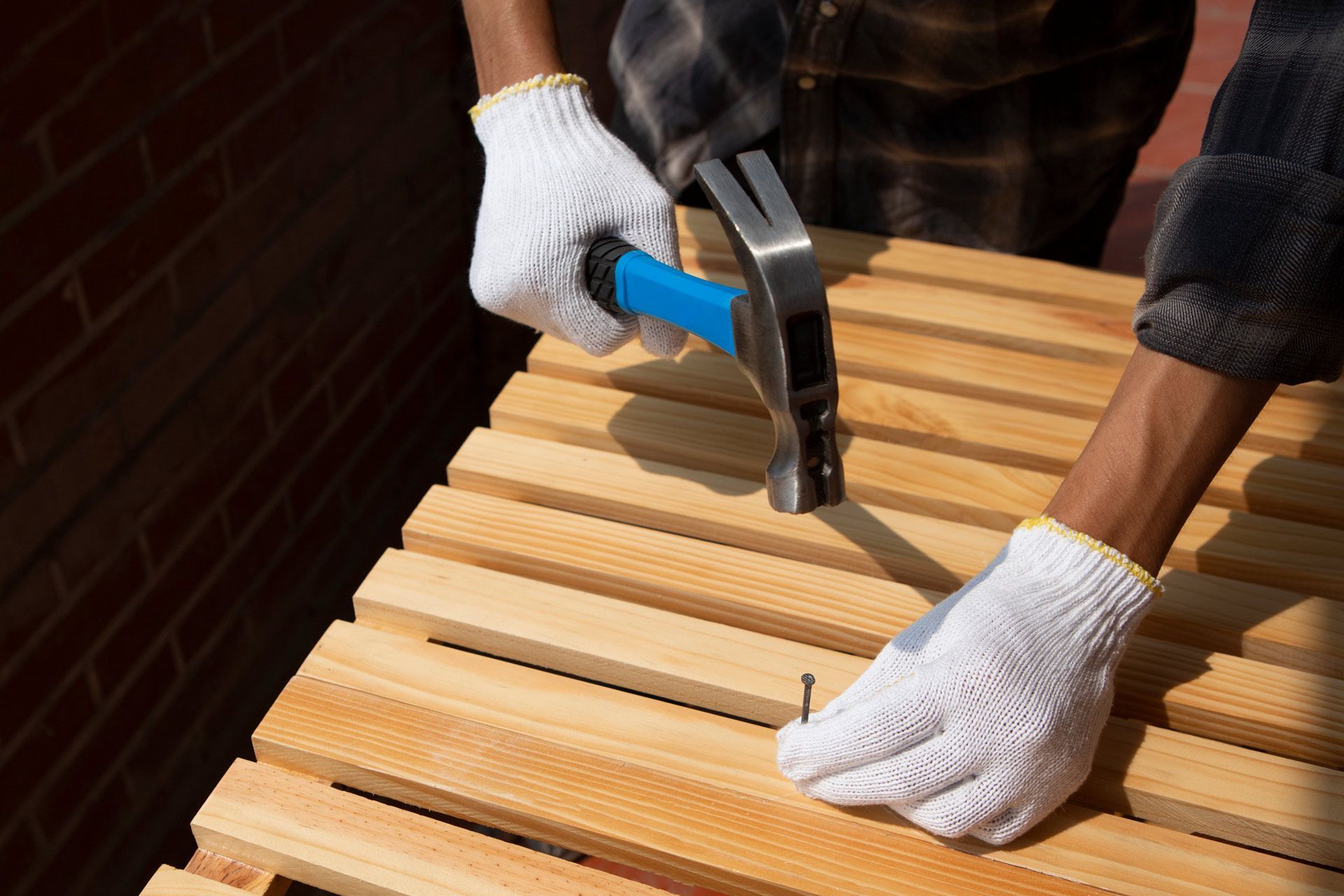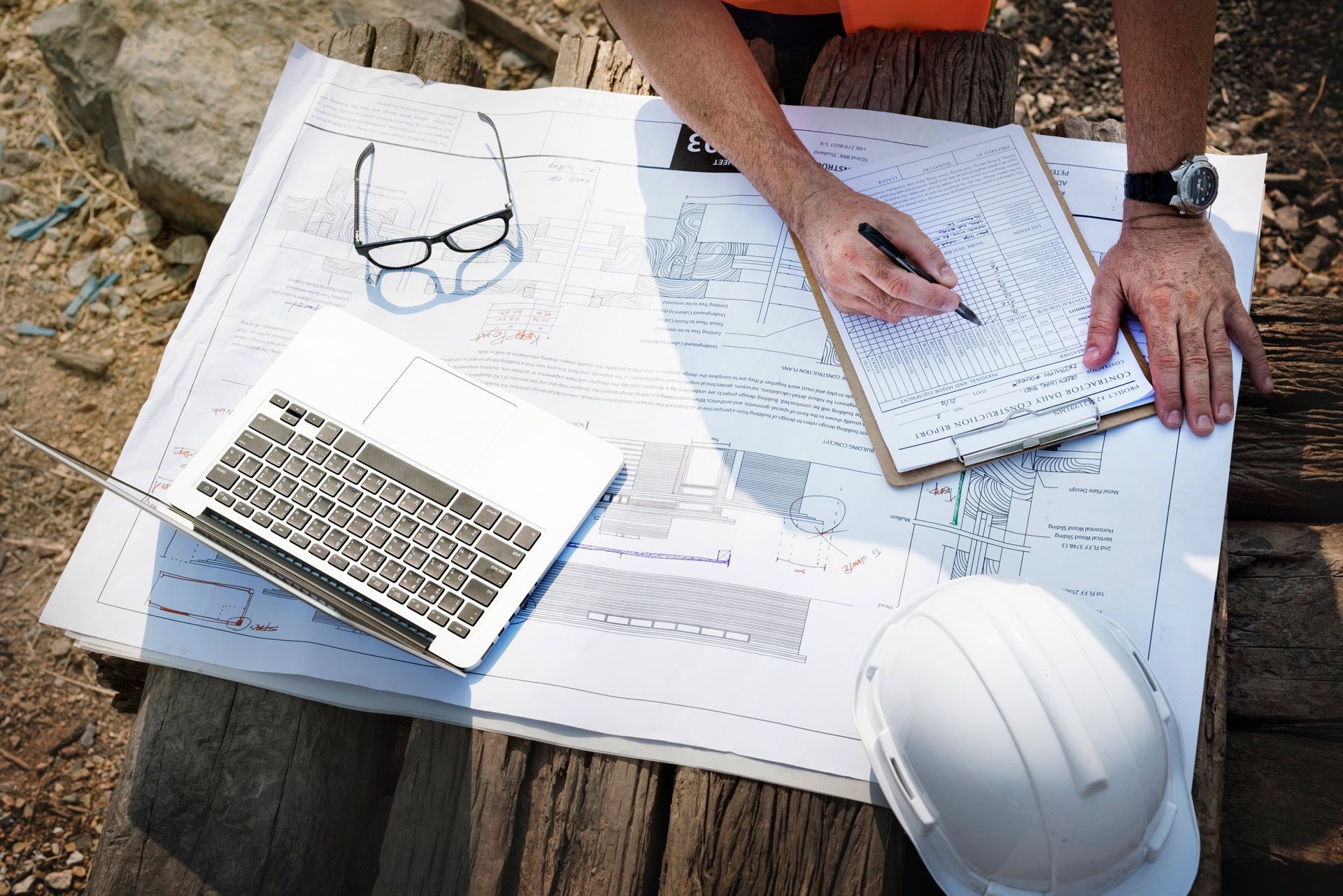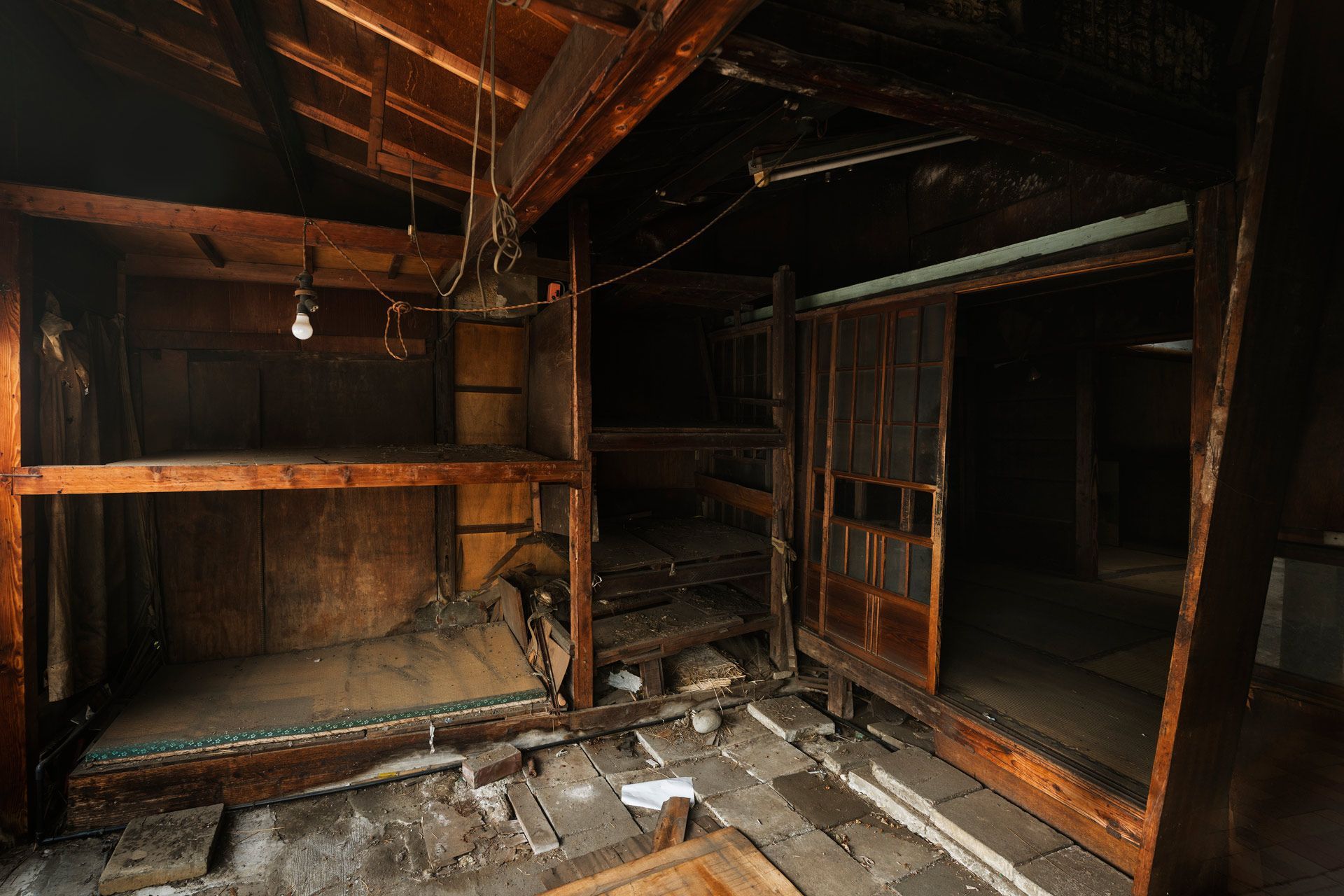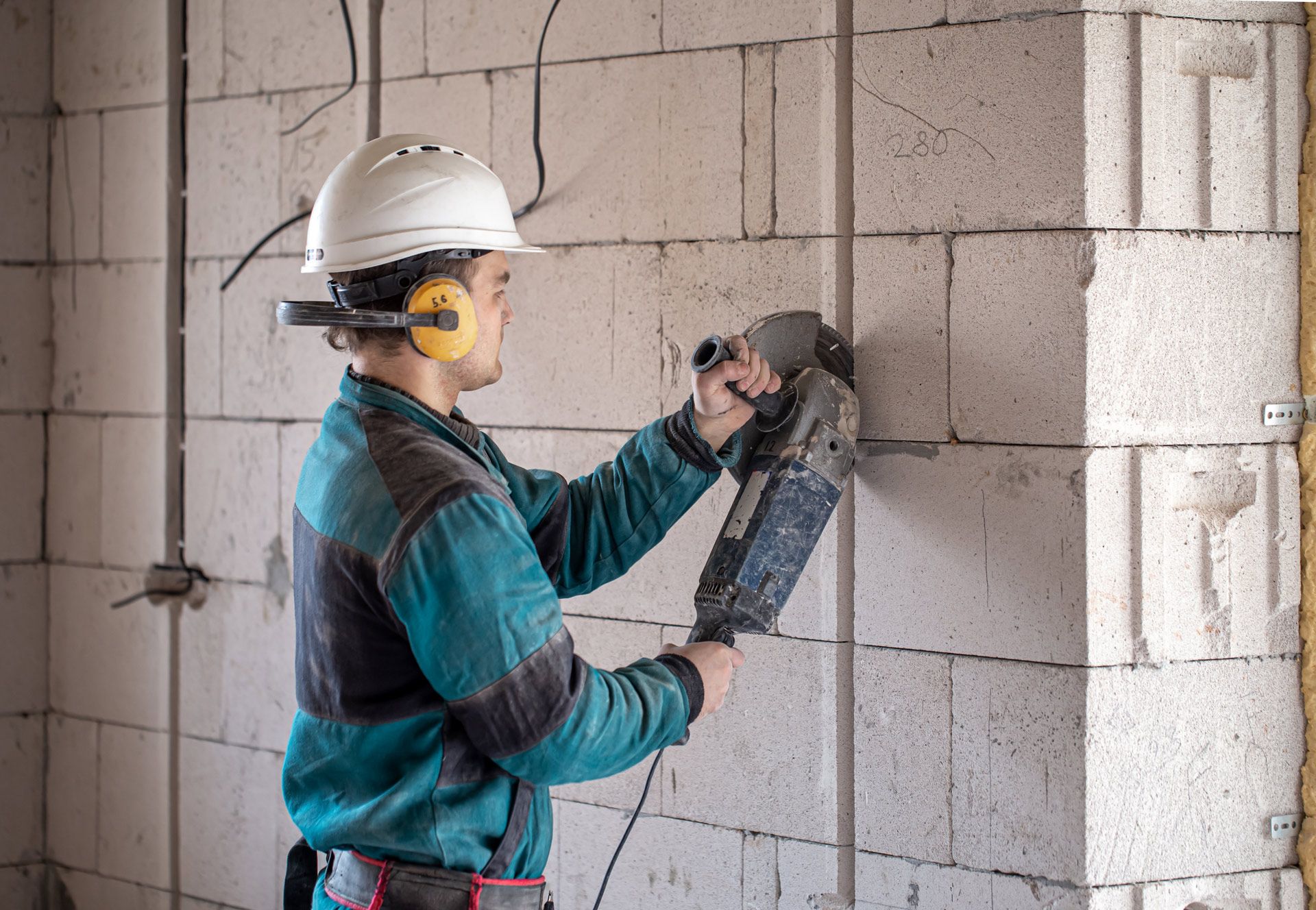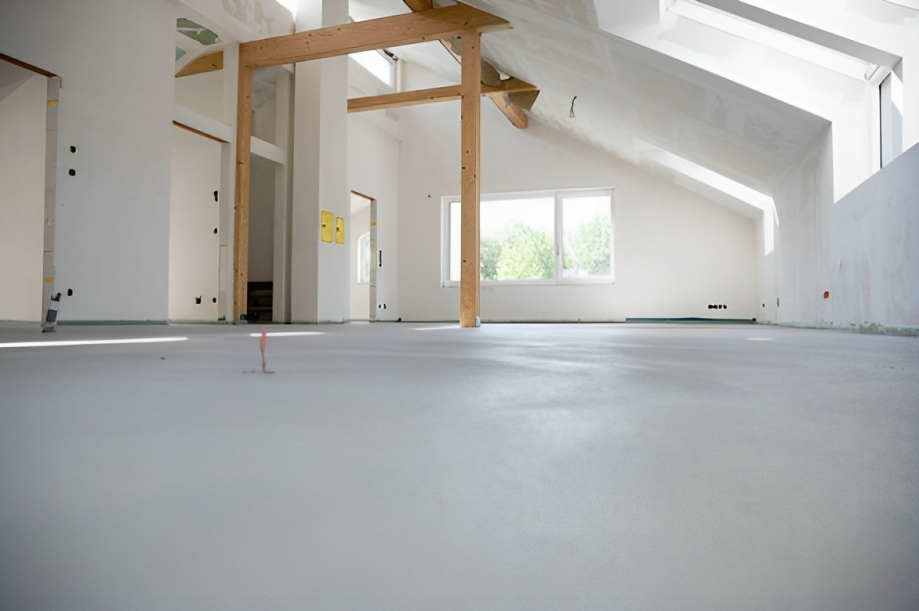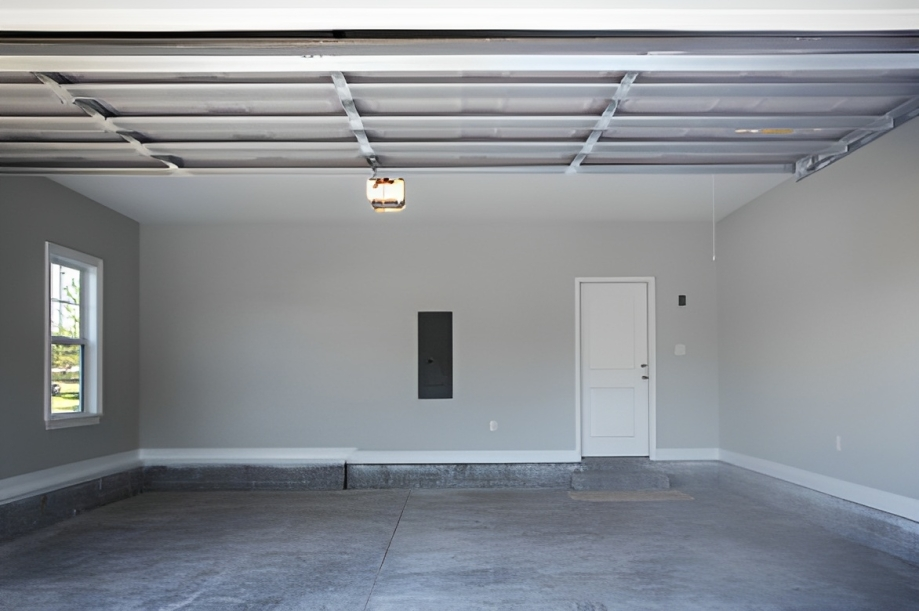Cost Estimation for Home Inspection Repairs: A Comprehensive Guide
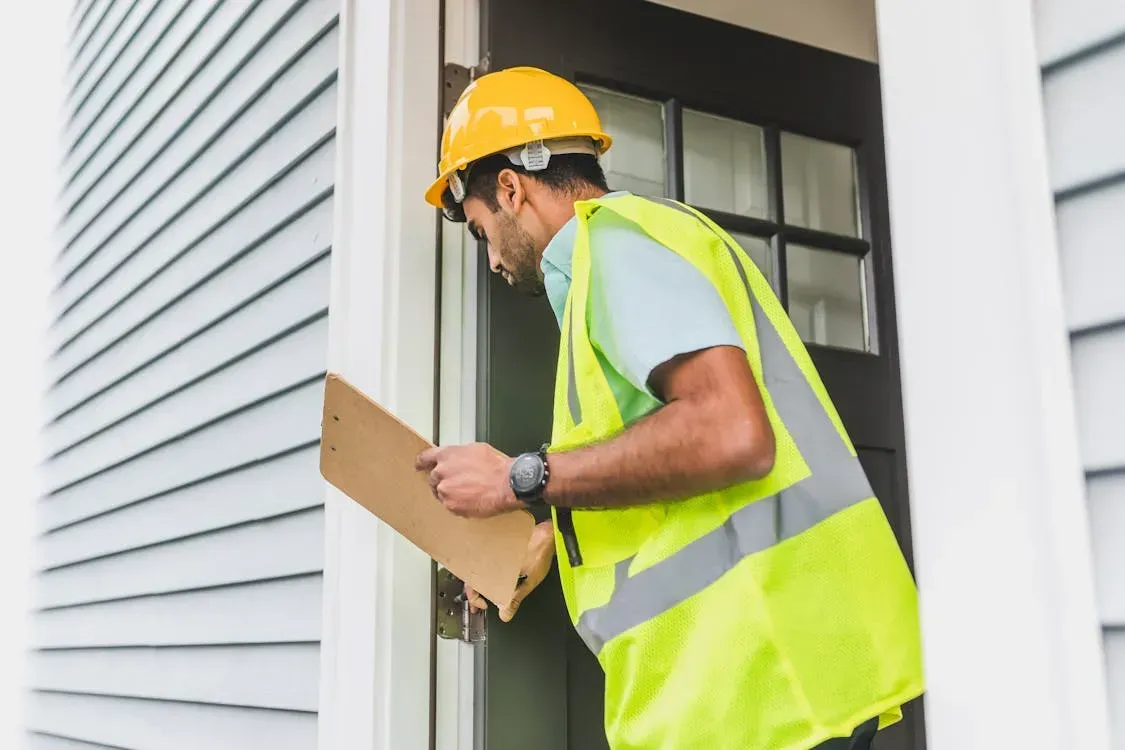
Wondering about the average cost of repairs after a home inspection? Whether you're a home buyer or seller, understanding what comes next after a home inspection is key. An inspection report can reveal issues that range from small cosmetic concerns to major hazards like leaks, roof damage, or electrical issues. But once problems are found, the next step is figuring out the cost of repairs—and who should pay.
This guide will walk you through how to estimate repair costs, identify what’s mandatory after a home inspection, and how to negotiate repairs with confidence. You’ll learn how to read a home inspection report, get quotes from licensed pros like a home inspector, plumber, or roofer, and prioritize necessary repairs over minor fixes. Some repairs after a home inspection—such as pest, plumb, or structural issues—can affect a mortgage, while cosmetic issues may not be dealbreakers.
Whether you’re buying a home or selling one, this guide covers how to manage expectations, know when a buyer may ask for fixes, and understand that the seller is not required to fix everything. By the end, you’ll be ready to review inspection findings, plan your budget, and know how to negotiate for repairs without confusion. Let’s simplify the process of post-inspection planning, step by step.
Understanding Home Inspection Findings
A home inspection is a thorough examination of a property's condition, typically performed by a qualified inspector before the sale of a home. These inspections cover a wide range of elements, from the foundation and structural integrity to the HVAC system, plumbing, electrical work, and beyond. Understanding the findings of these inspections is crucial, as they can reveal issues that may not be visible to the untrained eye—issues that could potentially lead to costly repairs or even pose safety hazards.
Common Findings and Their Implications
- Structural Issues: These can range from minor cracks in the foundation to major shifts that threaten the home's stability.
- Roof Damage: Compromised roofing can lead to leaks, water damage, and the need for significant repairs or replacement.
- Electrical Problems: Outdated or faulty wiring is not just expensive to fix; it's a fire hazard.
- Plumbing Concerns: Leaks, poor water pressure, or outdated systems can lead to water damage and require extensive repair work.
- HVAC System: Inefficiencies or failures in the heating, ventilation, and air conditioning systems can impact comfort and lead to high energy bills.
Ignoring issues uncovered during a home inspection can lead to more significant problems down the line, affecting not only the safety and functionality of your home but also its overall value.
Addressing these findings promptly helps you avoid more extensive and expensive repairs in the future, ensuring your home remains a comfortable, safe, and valuable place to live.
The Basics of Cost Estimation for Home Repairs
After identifying the issues through a home inspection, the next step is estimating the cost of necessary repairs. This estimation is crucial for creating a budget and deciding how to prioritize repairs. However, estimating costs can be complex, as it depends on various factors, including the nature and severity of the issues, labor costs in your area, and the price of materials.
How to Begin Estimating Costs
- Detail Inspection Findings:
Start with a detailed list of all the issues identified during the inspection, including notes on their severity and potential impact.
- Research Average Costs:
Look up the average cost of repairs for each issue identified. This will give you a ballpark figure but remember, costs vary widely by location and the specifics of the job.
- Consult Professionals: For a more accurate estimate, consult with several contractors or specialists in the relevant fields (e.g., roofing, plumbing, electrical). They can provide detailed quotes based on the specifics of your home and the work required.
When you receive estimates, they should ideally break down the cost of materials, labor, and any additional fees (such as permits). This breakdown helps you understand where your money is going and aids in comparing quotes from different contractors.
Factors Affecting Cost Estimates
- Scope of Work: More extensive repairs will obviously cost more. The detail of the work required can significantly affect the estimate.
- Material Choices: Higher quality or specialty materials will increase the cost.
- Labor Rates: Depending on where you live, labor costs can significantly impact the overall estimate.
- Accessibility and Complexity: Hard-to-reach areas or complex issues may require special equipment or techniques, increasing the cost.
Identifying Repairs and Prioritizing Work
Once you have a clearer understanding of the potential costs involved in addressing your home inspection findings, the next step is to prioritize these repairs. Not all issues carry the same weight in terms of urgency, safety implications, or potential for further damage. Here's how you can start to categorize and prioritize the necessary work:
Categorizing Repairs
- Safety Issues: Any findings that pose immediate safety risks should be at the top of your list. This includes electrical problems that could lead to a fire, structural issues that threaten the home's integrity, and gas leaks.
- Water-related Problems: Issues that involve water penetration, like roof leaks or foundation cracks, can quickly lead to more significant damage if not addressed promptly.
- System Failures: Non-functioning systems essential to the home's operation, such as heating, cooling, or plumbing, need timely repairs for comfort and functionality.
- Cosmetic Concerns: While important for the overall appeal and value of the home, cosmetic issues can often be addressed later unless they're contributing to more significant problems (e.g., exterior paint that's also protecting against wood rot).
Finding the Right Contractors
Securing qualified contractors is paramount for addressing the findings of your home inspection effectively. The right professional not only brings expertise and experience to the table but also ensures that repairs are done correctly, efficiently, and within budget. Here’s how to go about finding and selecting the best contractor for your needs:
Steps to Identify and Vet Qualified Contractors
- Start with Recommendations:
Ask friends, family, or neighbors for referrals. Personal recommendations can provide insights into a contractor's reliability, work quality, and customer service.
- Check Online Reviews:
Platforms like Yelp, Angie's List, or HomeAdvisor offer reviews and ratings that can help you gauge a contractor's reputation and track record.
- Verify Credentials:
Ensure any contractor you consider is licensed, insured, and certified as required by your local and state regulations. This protects you in case of accidents or damage during the repair process.
- Look at Experience and Specialization:
Choose contractors who have experience and specialize in the specific type of repairs you need. Specialization can lead to better results and efficiencies.
- Get Multiple Estimates: Obtaining detailed estimates from at least three contractors can provide a range of options and insights into the market rate for your repairs.
Key Questions to Ask Potential Contractors
- How long have you been in business?
- Can you provide references from past projects similar to mine?
- Are you licensed and insured for this type of work?
- What is your estimated timeline for completion?
- How do you handle unexpected issues or cost overruns?
When you receive estimates, it's crucial to compare them not just on price but on what's included. Look for clear breakdowns of materials, labor, and any additional costs like permits or waste removal. Be wary of bids that are significantly lower than others; this could indicate a lack of experience or cutting corners.
Obtaining and Understanding Estimates
After identifying potential contractors, the next step is obtaining estimates for the repairs needed. These estimates are crucial for finalizing your budget and making informed decisions. Here's how to navigate this process effectively:
How to Request Estimates
- Provide Detailed Information:
When requesting estimates, be as detailed as possible about the scope of work. Providing photos, inspection reports, and a clear list of repairs can help contractors give you a more accurate quote.
- On-Site Evaluations:
If possible, arrange for contractors to visit your property. This allows them to assess the situation firsthand and may result in more accurate estimates.
- Ask for Itemized Estimates: Request that each estimate breaks down the costs for materials, labor, and any additional fees. This transparency helps you compare estimates more effectively and understand where your money is going.
Understanding Estimate Details
An estimate should clearly outline what the contractor will do, including the materials used and the timeline for completion. Pay attention to:
- Materials: Are high-quality materials being used, or is the contractor cutting costs with lower-quality options?
- Labor: Understand how labor costs are calculated. Is it a flat rate, or are there hourly charges?
- Additional Costs: Look for line items such as permit fees, waste removal, or equipment rental, which can add up.
Comparing Estimates
- Compare Apples to Apples: Ensure that the estimates are based on the same scope of work and quality of materials.
- Question Large Discrepancies: If one estimate is significantly lower or higher than others, ask why. There may be a good reason, or it could be a red flag.
- Negotiate: Don't be afraid to negotiate with contractors on certain aspects of the estimate. Sometimes, there's room to adjust costs without compromising on quality.
Finalizing Your Choice
Select a contractor based not only on the cost but also on their professionalism, reviews, and your comfort level with them. Remember, the cheapest estimate isn't always the best choice if it compromises on quality or reliability.
Budgeting for Your Repairs
Effectively managing your budget is crucial for navigating the repair process without financial strain. After gathering estimates and deciding on a contractor, it's time to finalize your budget. Here are strategies to help you budget for the repairs, ensuring you can cover the costs comfortably.
Creating a Realistic Budget
- Use the Estimates: Base your budget on the most accurate estimates you've received. If you have several that are close in range, consider budgeting towards the higher end to account for unforeseen expenses.
- Include a Contingency Fund: Always include a contingency fund in your budget, typically 10-20% of the total estimated cost. This covers unexpected issues that may arise once repairs start.
- Prioritize Repairs: If your budget doesn't allow for all repairs at once, prioritize based on safety and urgency. This ensures you address the most critical issues first.
Financing and Saving for the Project
- Savings: If possible, use savings set aside for home maintenance. This avoids the need for loans or incurring debt.
- Financing Options: If you need to finance the repairs, look into options like a home equity line of credit (HELOC), personal loans, or credit cards with low-interest promotions.
- Government Assistance: Some jurisdictions offer grants or low-interest loans for home repairs, especially if they address safety or energy efficiency. Research local programs that you may qualify for.
Allocating a Contingency Fund
It provides a financial cushion that can help you manage the inevitable surprises that come with home repairs. Allocating this fund ensures you're prepared for anything from additional material costs to uncovering further issues during the repair process.
Staying Within Your Budget
- Communicate with Your Contractor: Keep an open line of communication with your contractor about your budget constraints. They can often suggest cost-saving alternatives or adjustments to the plan that can help you stay on track.
- Monitor Spending: Keep a close eye on your spending throughout the project. Regular check-ins with your contractor about the financial status and progress can help avoid overspending.
- Be Prepared to Adjust: If unforeseen expenses arise, be ready to reevaluate your priorities and adjust the scope of work to remain within budget.
Conclusion
Navigating the aftermath of a home inspection and preparing for the necessary repairs can seem overwhelming. However, armed with the right information, a solid plan, and the support of qualified professionals, you can tackle this process confidently and efficiently. Remember, the key steps involve:
- Understanding the inspection findings to grasp their implications fully.
- Estimating repair costs accurately to set a realistic budget.
- Prioritizing repairs based on urgency and impact.
- Selecting the right contractor for the job, emphasizing qualifications and trustworthiness.
If your home inspection has revealed issues needing attention, don't delay in starting the repair process. Use this guide as a roadmap for moving forward, and remember, the effort you put in now will pay dividends in terms of your home's safety, functionality, and value.
For top-tier structural repair and maintenance, look no further than Structural Works Group Inc. in Charlotte, NC. Renowned for their expert solutions and dedication to structural integrity, they offer a blend of seasoned experience and innovative techniques. Their services go beyond repairs, ensuring your property's stability and safety with personalized, cost-effective solutions. Trust Structural Works Group Inc. for unmatched expertise and a commitment to enhancing the resilience and longevity of your assets.


